Talking to Dan Tri reporter, tax expert Nguyen Ngoc Tu, former Editor-in-Chief of Tax Magazine, currently a lecturer at Hanoi University of Business and Technology, commented that tax evasion tricks through the ecosystem of enterprises and business households are relatively common.
“ Many businesses are currently taking advantage of tax policies and the difference in tax obligations between businesses and business households to evade taxes, especially in the fields of milk, functional foods, and pharmaceuticals,” Mr. Tu said.
According to current regulations, when selling goods, businesses must pay value added tax (VAT) from 5-10%, while business households only pay about 1.5% (1% is value added tax, 0.5% is personal income tax), and in some cases, only pay a lump sum tax of several hundred thousand VND/year.
According to the expert, thanks to the large difference, many businesses have established ecosystems - including many satellite companies, business households, and individual businesses - to disperse revenue and minimize the amount of tax payable.
A common trick is for businesses to create documents to “sell” goods to business households in the ecosystem. In reality, the goods are still sold directly to the market, but on paper, the business households are named to enjoy low tax rates. In fact, business households that pay lump-sum tax do not even have to issue invoices, making it difficult for tax authorities to control the flow of goods and actual revenue.
In addition, many businesses also set up satellite companies to trade around, recording thousands of billions of VND in revenue but reporting losses or only symbolic profits. This is a form of "transfer pricing" to reduce the amount of tax payable. Some cases also take advantage of this loophole to legalize smuggled goods, floating goods, and even counterfeit goods.
Mr. Tu gave an example of the functional food business. Typically, the cost price is only a few tens of thousands of VND/bottle, but businesses, business households, and individuals sell it on the market for up to 500,000 VND. If declared honestly, the amount of tax to be paid is huge. However, when "legalized" through business households, the tax paid to the State is only symbolic, while the actual profit is huge.
Businesses often set up satellite companies to conduct trading. In fact, the revenue can be up to 1,000 billion VND, but after accounting through satellite units, the recorded profit is only a few tens of billion VND. Thanks to that, the amount of tax payable is significantly reduced. This is a tax avoidance trick.
Not stopping there, many businesses also purchase floating and smuggled goods on the market and sell them without issuing invoices, without declaring, and leaving them out of the accounting books.
This situation not only causes budget loss but also creates a favorable environment for the circulation of smuggled and counterfeit goods, distorts the competitive environment, and affects consumer rights.
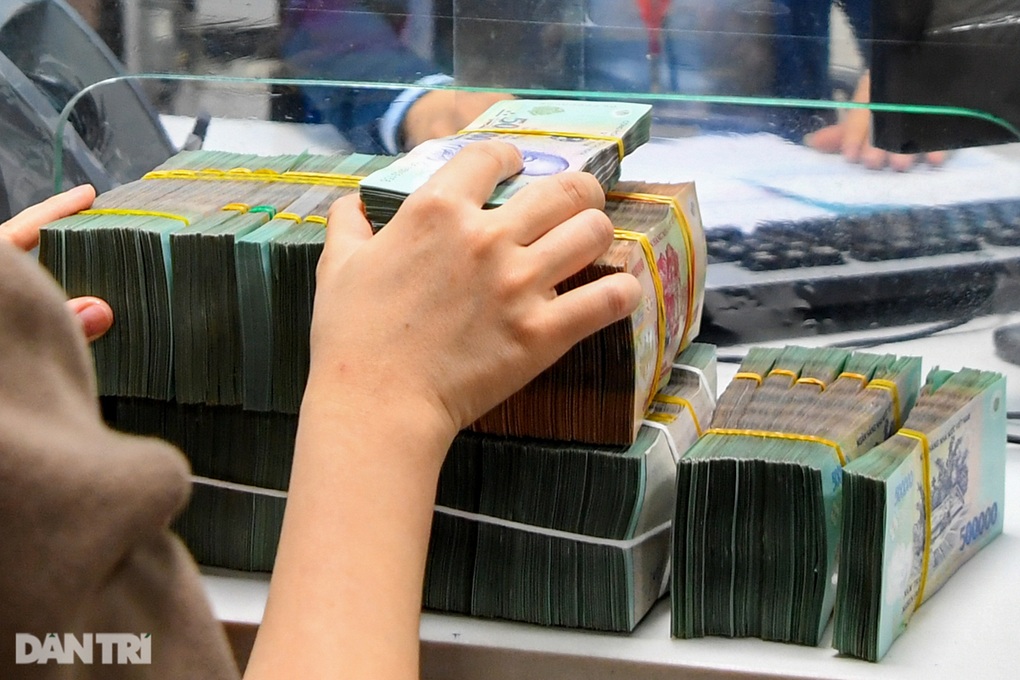
Currency transactions of all denominations (Photo: Manh Quan).
Another common trick that Mr. Tu pointed out is that businesses import smuggled goods, usually from China. These products often have low active ingredient content, are not as declared and almost do not bring real effects to the body as advertised. Businesses import goods at cheap prices, most of them without invoices or documents.
When selling large quantities of goods to agents or other businesses, if the business is in the name of the business, high taxes will have to be paid because the costs cannot be deducted (because there are no input invoices). On the books, the revenue may be recorded as 10 billion VND but the total cost of raw materials cannot be proven, leading to "virtual" profits. If calculated according to the tax rate, the amount of tax to be paid will be very large.
To avoid taxes, many businesses legalize by “selling” that batch of goods to business households. At that time, the revenue is still accounted for but the tax rate is only about 1.5% or at a fixed rate. This method helps businesses both sell goods and legalize documents without having to pay taxes as in reality.
The solution proposed by experts is to soon abolish the lump-sum tax mechanism for business households, and to require the application of electronic invoices, especially in conditional business sectors such as milk, functional foods, and medicine. At the same time, it is necessary to strengthen the responsibility of local tax management, tighten control over satellite businesses, and prevent internal transfer pricing.
“In the long term, business households also need to have input and output invoices similar to enterprises to prevent the exploitation of policy loopholes to evade taxes,” Mr. Tu said.
On October 3, Hoang Huong (38 years old, from Phu Tho province) was prosecuted by the Ministry of Public Security's Investigation Police Agency for violating accounting regulations causing serious consequences.
Hoang Huong founded Hoang Huong Pharmaceutical Joint Stock Company. She is a pharmacist, entrepreneur and a familiar face on social media platforms.
According to the investigation agency, Hoang Huong has 18 companies, 25 business households and 44 individuals in her name doing business in the ecosystem established by the female pharmacist to sell functional foods, health protection foods and some other products.
Initial investigation results determined that, in order to commit tax evasion, Hoang Huong directed employees to apply revenue to business households and individuals who registered for business. From January 2021 to June 2025, Hoang Huong left nearly VND 1,800 billion in revenue off the accounting books, incorrectly declaring nearly VND 2,100 billion in revenue according to value-added tax regulations.
Source: https://dantri.com.vn/kinh-doanh/hoang-huong-bi-bat-chuyen-gia-chi-ro-thu-doan-tron-thue-qua-ho-kinh-doanh-20251003224737030.htm


![[Photo] Bustling Mid-Autumn Festival at the Museum of Ethnology](https://vphoto.vietnam.vn/thumb/1200x675/vietnam/resource/IMAGE/2025/10/4/da8d5927734d4ca58e3eced14bc435a3)
![[Photo] Solemn opening of the 8th Congress of the Central Public Security Party Committee, term 2025-2030](https://vphoto.vietnam.vn/thumb/1200x675/vietnam/resource/IMAGE/2025/10/4/f3b00fb779f44979809441a4dac5c7df)
![[Photo] General Secretary To Lam attends the 8th Congress of the Central Public Security Party Committee](https://vphoto.vietnam.vn/thumb/1200x675/vietnam/resource/IMAGE/2025/10/4/79fadf490f674dc483794f2d955f6045)



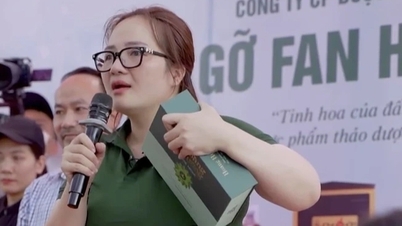








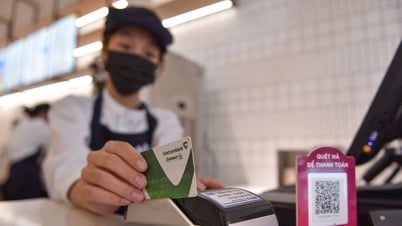




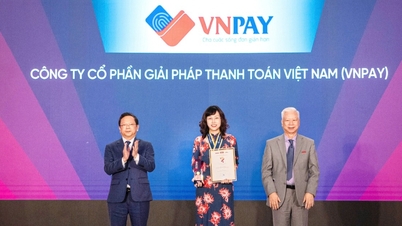
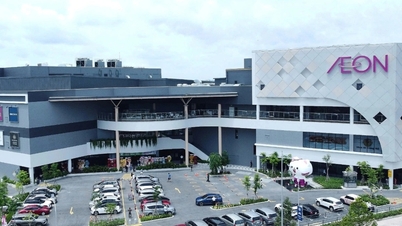

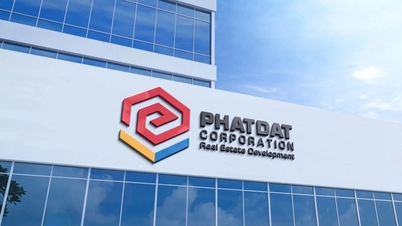


































![[VIDEO] Summary of Petrovietnam's 50th Anniversary Ceremony](https://vphoto.vietnam.vn/thumb/402x226/vietnam/resource/IMAGE/2025/10/4/abe133bdb8114793a16d4fe3e5bd0f12)

![[VIDEO] GENERAL SECRETARY TO LAM AWARDS PETROVIETNAM 8 GOLDEN WORDS: "PIONEER - EXCELLENT - SUSTAINABLE - GLOBAL"](https://vphoto.vietnam.vn/thumb/402x226/vietnam/resource/IMAGE/2025/7/23/c2fdb48863e846cfa9fb8e6ea9cf44e7)















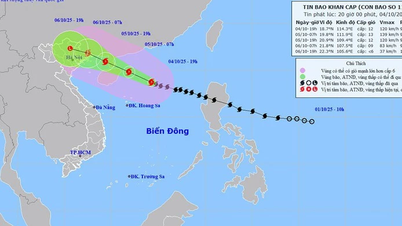

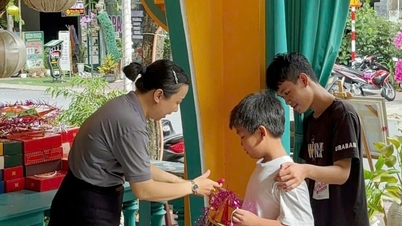















Comment (0)